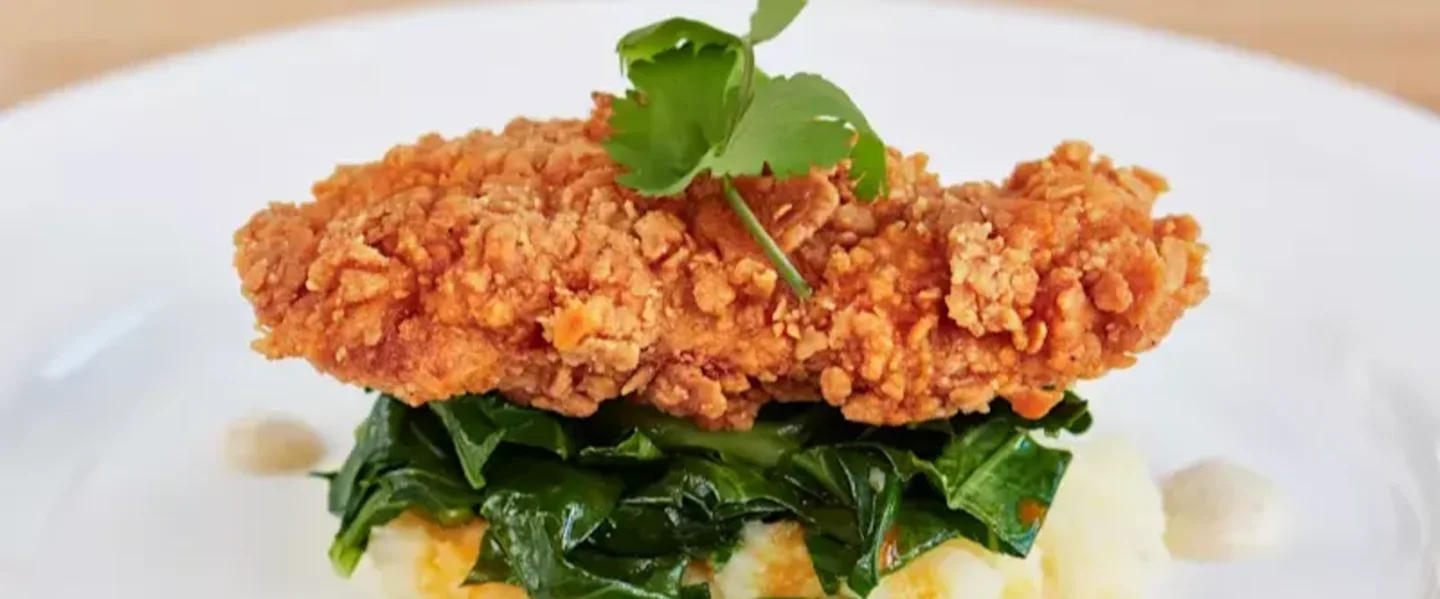Clean meat is the future of meat
In 30 years or so, I believe we will look back and be shocked at what was the accepted way we killed animals en masse for food. I think that in the future clean and plant-based meat will become the norm, and in 30 years it is unlikely animals will need to be killed for food anymore.
With that in mind, I am a proud investor in Memphis Meats, a start-up trying to change the way meat gets to our plates. They are developing a way to produce real meat from animal cells – that still tastes great. This way, there will be no need to feed, breed and slaughter animals.
I’m far from alone in believing in this approach. Tyson Foods, one of the biggest meat businesses in the world, has recently invested in Memphis Meats, joining the likes of Bill Gates and Cargill, the second-largest beef producer in the world.
These investments will help the business to scale, which could result in clean meat eventually becoming less expensive than conventional meat production. What’s more, it is likely to have a much better calorie conversion, use a lot less water and land and produce up to 90 per cent fewer greenhouse gas emissions than conventionally-produced meat.
This could have a huge impact. Livestock is estimated to produce 18 per cent of all “man-made” greenhouse gas emissions. This makes it a bigger contributor to global warming and environmental degradation than all forms of transportation.
Curious how clean meat is made? Watch and share this video.
Of course, clean meat isn’t the only food system reinventing the way the world eats. I have tried plant-based proteins that taste as good if not better than meat and these are becoming more widely available already. It’s no surprise that the meat and dairy substitutes industry is predicted to be worth $40 billion by 2020.
It is undoubted that the way some conventional meat is produced today damages the environment, animal welfare and human health. With global consumers currently spending nearly $1 trillion per year on meat, and demand for meat anticipated to double in the coming decades, we need a solution. This could be one of them. I’m looking forward to a Memphis Meats tasting later this year.



